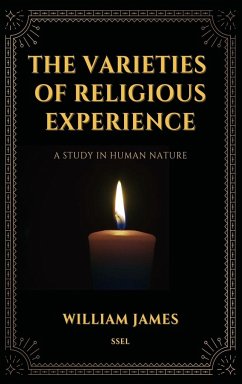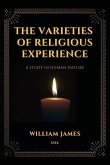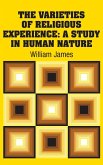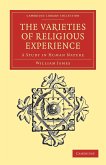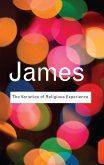"The Varieties of Religious Experience is a generous and endlessly insightful book about human nature." - The New York Times "The most notable of all books in the field of the psychology of religion and probably destined to be the most influential book written on religion in the 20th century." - Psychology today Published in 1902 and quickly established itself as a classic, this book is a work that opens a new era of thinking. The study made by William James brings us a new definition of the word Religion which "shall mean for us the feelings, acts, and experiences of individual men in their solitude, so far as they apprehend themselves to stand in relation to whatever they may consider the divine." Therefore, a religious experience appears to be a subjective experience which is interpreted within a religious framework. This book is fully annotated by the author (more than 300 footnotes) and contains a short biography. The paperback and the hardcover versions are printed with an easy-to-read layout making reading comfortable.
Bitte wählen Sie Ihr Anliegen aus.
Rechnungen
Retourenschein anfordern
Bestellstatus
Storno

